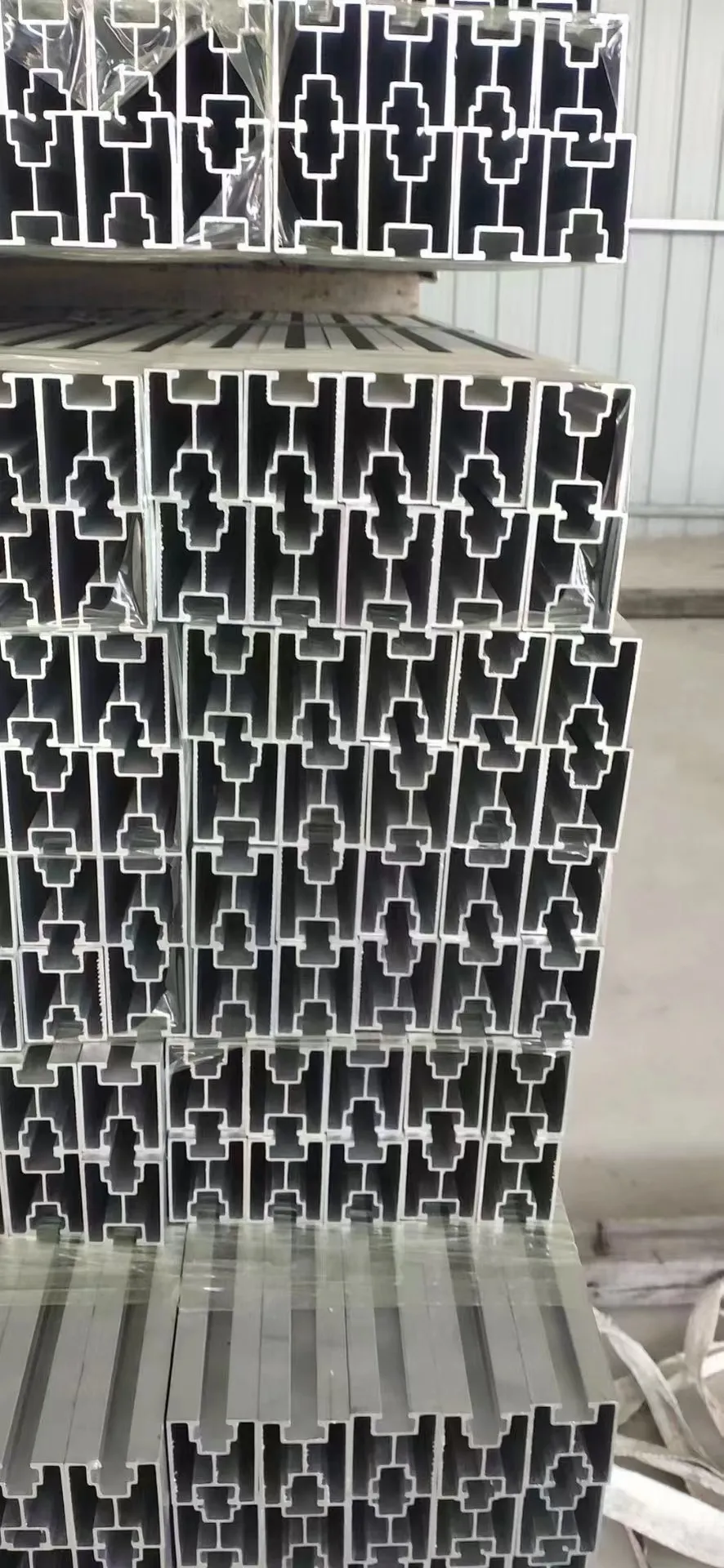

Innovative Steel Flange Nut Design for Enhanced Performance and Durability
Sep . 26, 2024 02:47 Back to list
Innovative Steel Flange Nut Design for Enhanced Performance and Durability
Understanding Steel Flange Nuts A Comprehensive Overview
Steel flange nuts are essential components in various engineering and construction applications. These specialized fasteners play a crucial role in ensuring the integrity and stability of mechanical assemblies. With their unique design and properties, they offer several advantages over traditional nuts, making them a favored choice in industries ranging from automotive to aerospace.
What is a Steel Flange Nut?
A steel flange nut is a type of nut that features a circular flange at its base, which provides a larger surface area for contact with the bolt or assembly. This flange serves multiple purposes, such as distributing the load more evenly, reducing the risk of the nut loosening over time, and enhancing stability. Flange nuts can come in various shapes and sizes, accommodating different bolt diameters and applications.
Advantages of Steel Flange Nuts
1. Load Distribution The flange design helps distribute the load evenly across a larger area, minimizing the risk of damage to the materials being fastened. This is particularly beneficial in applications where high stress or dynamic loads are present.
2. Reduced Risk of Loosening The wider base of the flange nut provides increased friction against the surface of the connection, which helps to prevent the nut from loosening due to vibrations or movement. This feature is particularly advantageous in high-vibration environments.
3. Ease of Assembly Flange nuts are easier to align and install, especially in confined spaces where access can be challenging. The integrated flange allows for better contact with the surface, simplifying the assembly process.
4. Corrosion Resistance Steel flange nuts can be manufactured with coatings or finishes that enhance their resistance to corrosion, making them suitable for outdoor and harsh environments.
steel flange nut

Applications of Steel Flange Nuts
Steel flange nuts are widely used in various industries. In the automotive sector, they are crucial for fastening components in engines, suspensions, and chassis. In the construction industry, flange nuts are often employed in structural connections, providing stability to beams and girders. Moreover, in the aerospace industry, they are essential for securing critical components where safety is paramount.
Choosing the Right Steel Flange Nut
When selecting a steel flange nut for a specific application, several factors must be considered
- Material Properties Depending on the environmental conditions, the material of the flange nut may vary. Stainless steel is often chosen for its corrosion resistance, while carbon steel may be used for its strength and cost-effectiveness.
- Size and Thread Specifications It is essential to match the flange nut with the appropriate bolt size and thread pitch to ensure a secure fit.
- Load Requirements Understanding the load that the assembly will face helps in choosing a flange nut with the appropriate strength and durability.
Conclusion
Steel flange nuts are integral components that enhance the performance and reliability of mechanical assemblies. Their unique design offers significant advantages in load distribution, resistance to loosening, and ease of assembly. With a wide range of applications across various industries, they play a critical role in ensuring the safety and functionality of engineered systems. When selecting the right flange nut, careful consideration of material, size, and load requirements is essential to achieving optimal performance.
Latest news
-
High-Strength Hot-Dip Galvanized Bolts-Hebei Longze|Corrosion Resistance&High Strength
NewsJul.30,2025
-
Hot Dip Galvanized Bolts-Hebei Longze|Corrosion Resistance&High Strength
NewsJul.30,2025
-
Hot Dip Galvanized Bolts - Hebei Longze | Corrosion Resistance, High Strength
NewsJul.30,2025
-
High-Strength Hot Dip Galvanized Bolts-Hebei Longze|Corrosion Resistance, Grade 8.8
NewsJul.30,2025
-
Hot Dip Galvanized Bolts-Hebei Longze|Corrosion Resistance,High Strength
NewsJul.29,2025
-
High-Strength Hot Dip Galvanized Bolts - Hebei Longze Metal Products Manufacturing Co., Ltd.|corrosion resistance&high strength
NewsJul.29,2025

